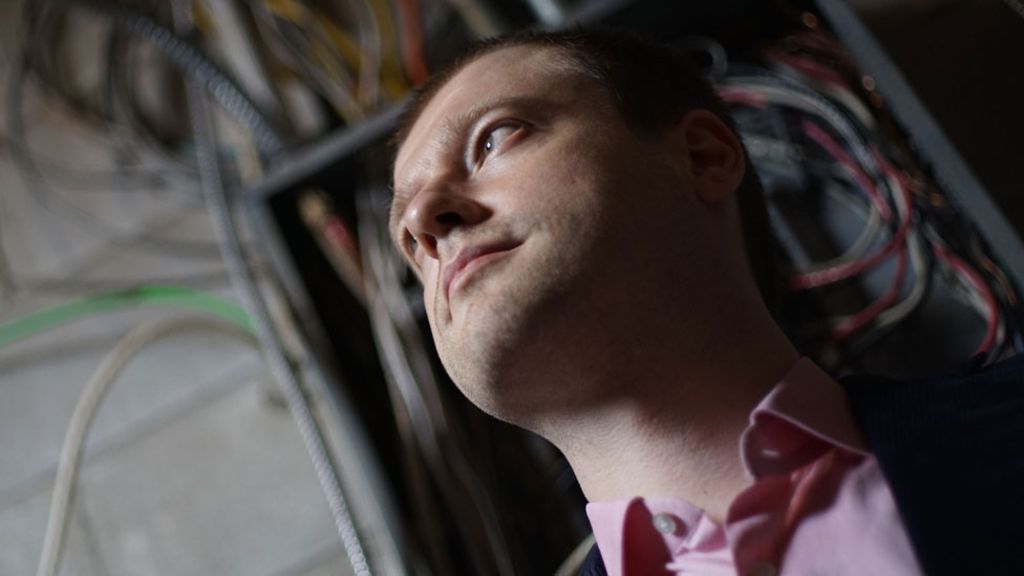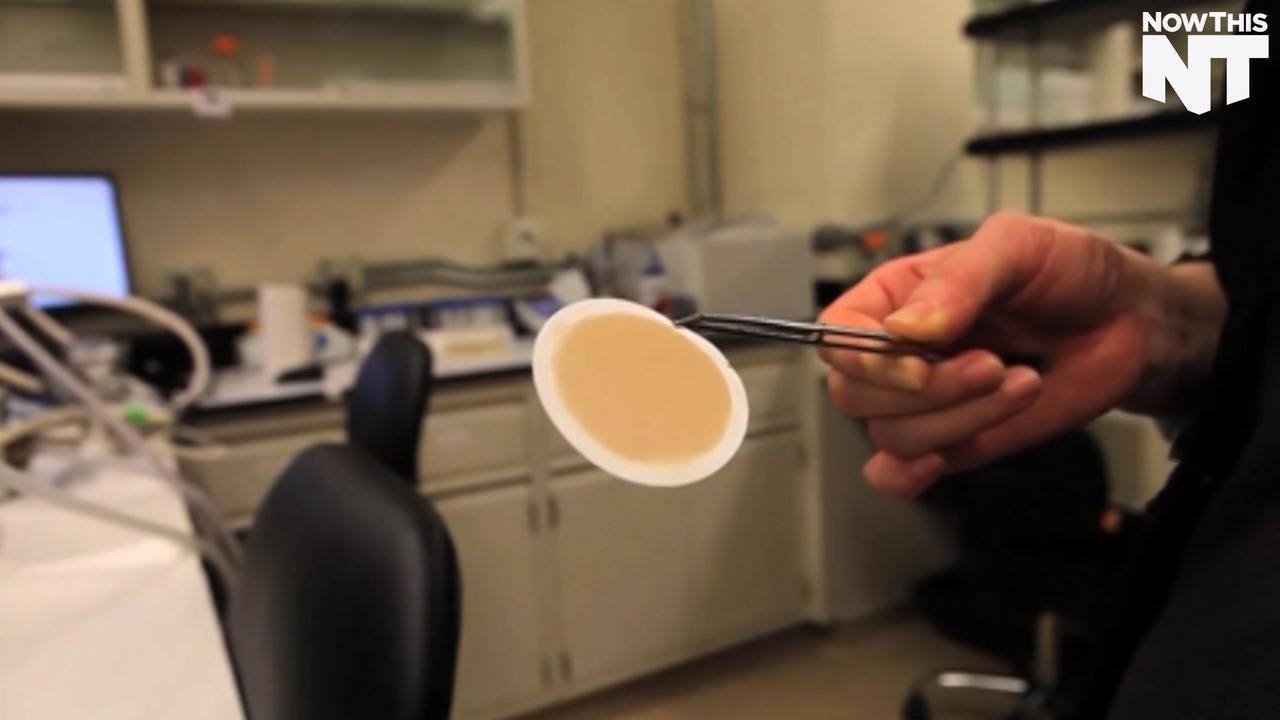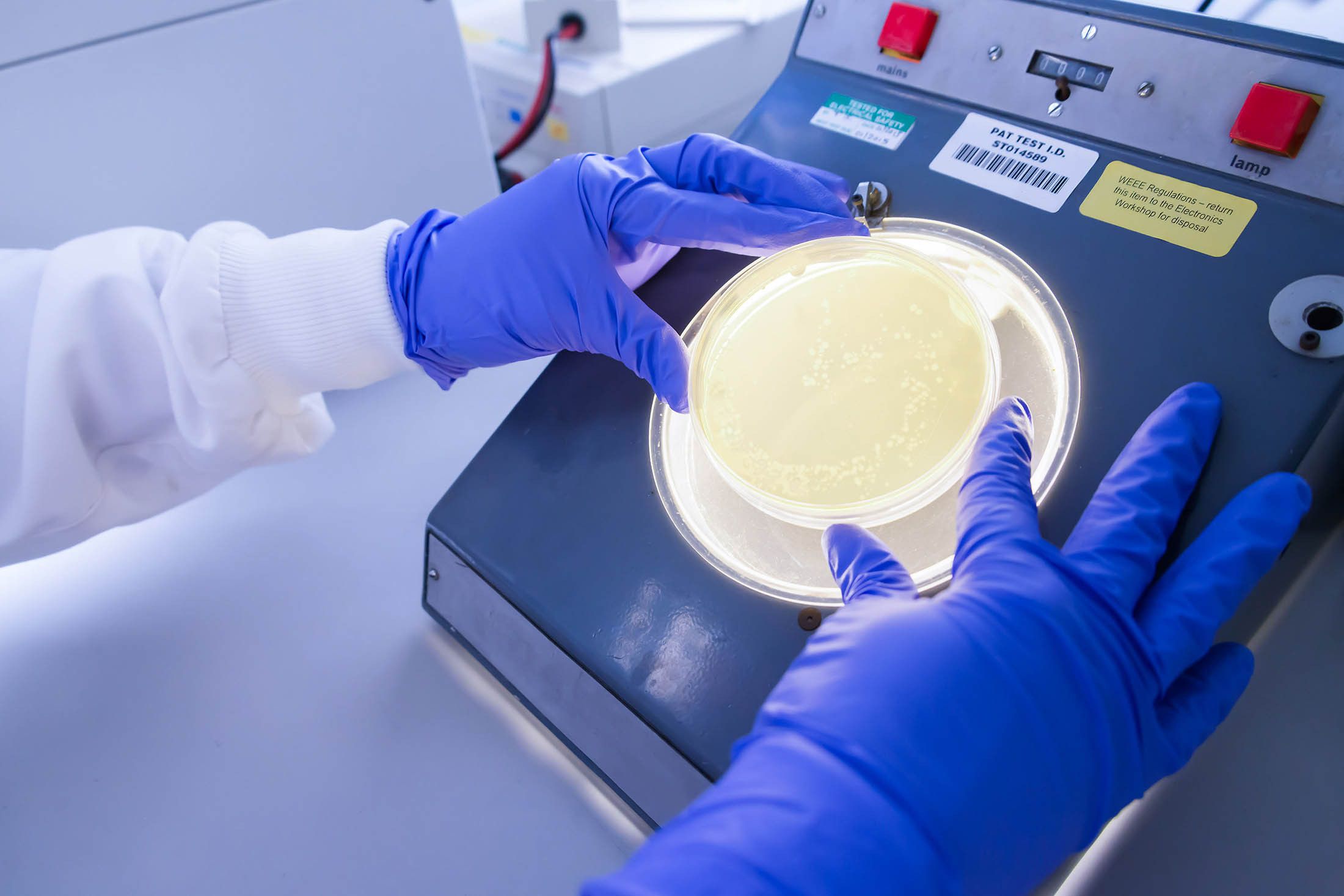Could a cheap molecule used to disinfect swimming pools provide the key to creating a new form of DNA nanomaterials?
Cyanuric acid is commonly used to stabilize chlorine in backyard pools; it binds to free chlorine and releases it slowly in the water. But researchers at McGill University have now discovered that this same small, inexpensive molecule can also be used to coax DNA into forming a brand new structure: instead of forming the familiar double helix, DNA’s nucleobases — which normally form rungs in the DNA ladder — associate with cyanuric acid molecules to form a triple helix.
Read More ON Mcgill University









